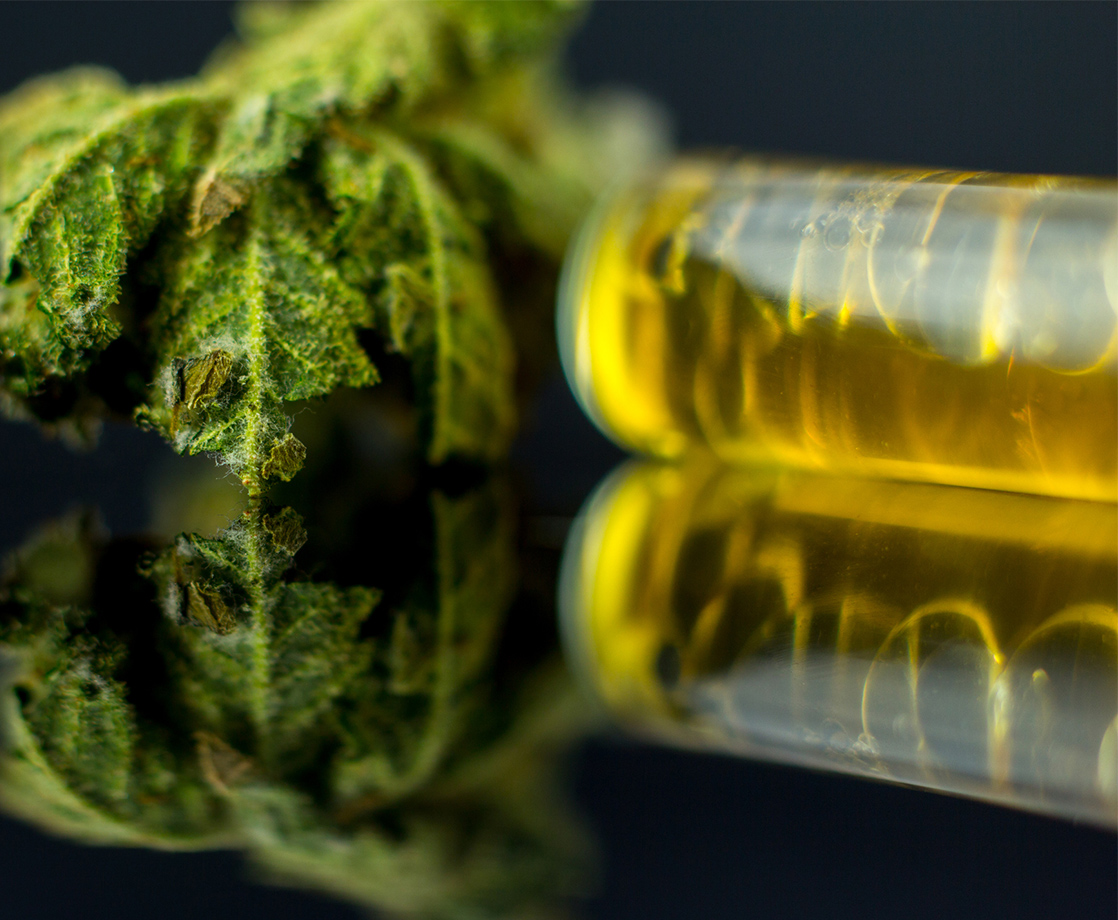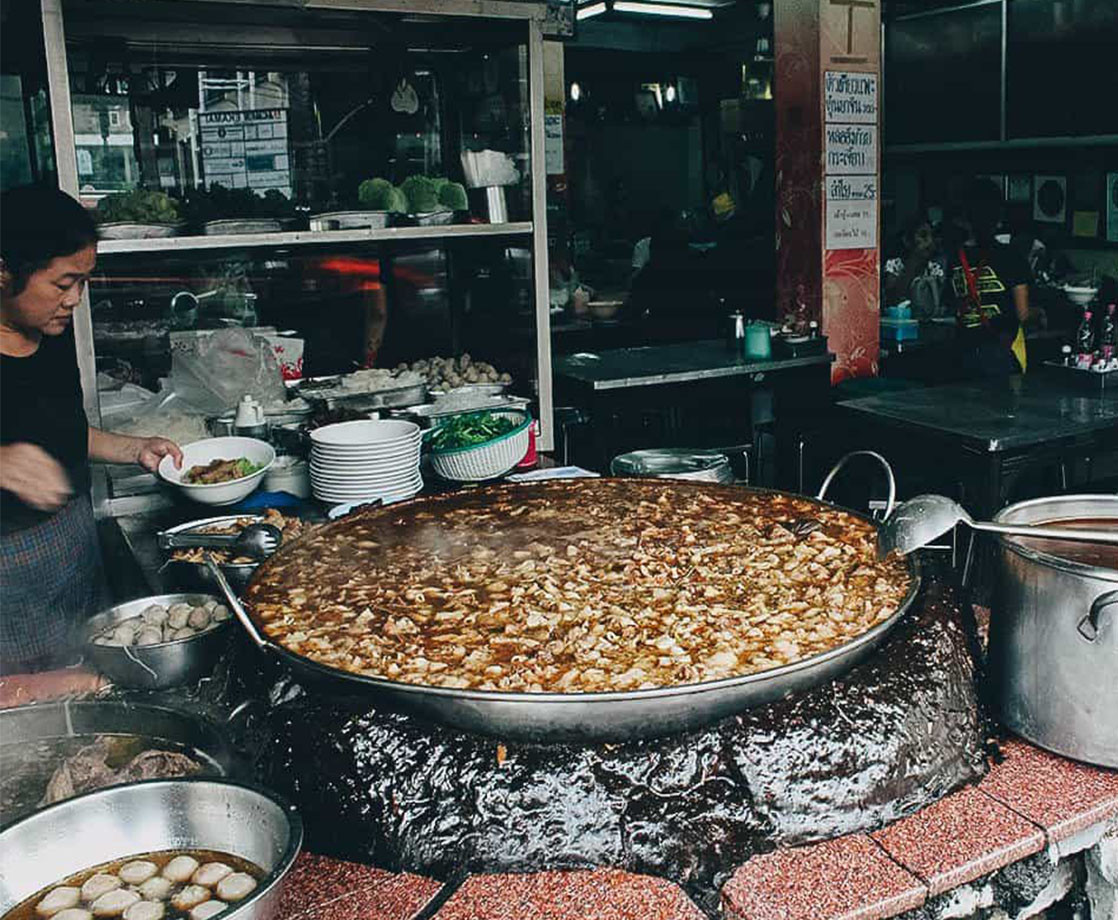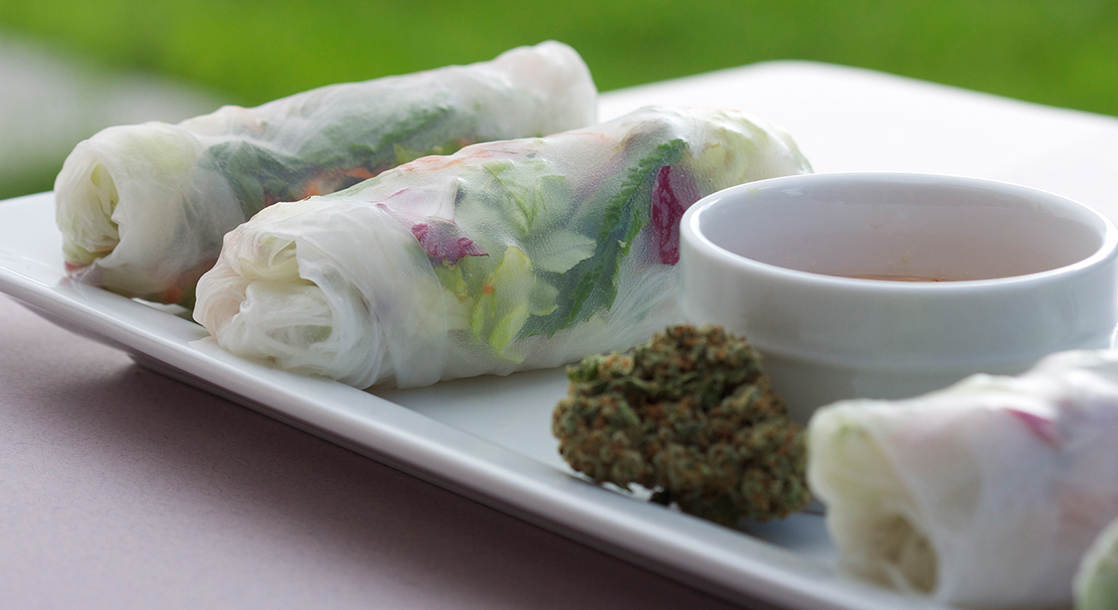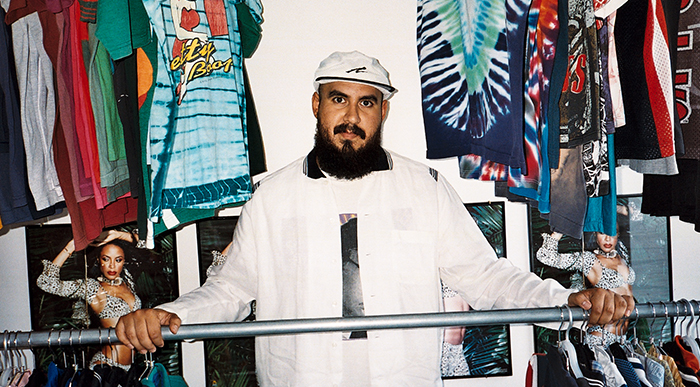The power of cannabis to treat otherwise intractable forms of childhood epilepsy has been proven time and time again. And across the world, the plight of sick children has acted as a lightning rod to generate support for medical cannabis reform. For many children with rare but severe forms of epilepsy like Dravet Syndrome, cannabis is, in fact, the most effective treatment that has ever been discovered.
A number of countries, along with the majority of U.S. states, have legalized medicines containing the non-psychoactive cannabinoid CBD to effectively treat these ailments. In the U.K., where all medical cannabis is still illegal, the recent tribulations of a young epileptic boy whose CBD medicine was seized by law enforcement has finally convinced the government to consider rescheduling cannabis as a medically useful drug.
In the U.S., CBD-based medicines are legal in 31 states, and may soon become federally legal if the current Farm Bill — which would legalize hemp and all of its derivatives — passes. The FDA also just approved a new CBD-based medication, Epidiolex, the first medicine derived from a cannabis plant to ever be legalized in the U.S. One common element among all of these legal medical cannabis derivatives is that they all contain little to no THC, the psychoactive element of cannabis.
While a growing number of countries and U.S. states are legalizing these low-THC treatments for epilepsy, families in areas where cannabis is still prohibited have been forced to turn to the black market to source medicine for their children. A team of researchers from the University of Sydney recently conducted a study on Australian families who have been giving their children black market cannabis extracts, and made the surprising discovery that some of the most effective cannabis products contained more THC than CBD.
Over the past two years, researchers from the University of Sydney's Lambert Initiative for Cannabinoid Therapeutics tested 51 samples of illegal cannabis extracts that Australian parents were using to treat their children's epilepsy. Three quarters of these parents said that the extracts were "effective," and around half of the families said they were able to reduce their usage of traditional anti-epileptic medications. Out of all of the samples tested, over half were associated with a 75-100% reduction in seizures, while 65% of all extracts were linked to other health benefits, like improved cognitive and language skills.
Researchers examined the chemical content of these medicines, and were surprised to find that the many of them actually had low concentrations of CBD and higher concentrations of THC, as well as the closely-related compound THCA. The THC levels in these medicines were too low to have a psychoactive effect, but the overall effectiveness of the medicines supports animal-based research suggesting that THC has strong anticonvulsant properties on its own.
Epidiolex, which contains no THC, has also been legalized in Australia to treat certain forms of childhood epilepsy. Some families have switched from using black market cannabis products to the newly-legal drug, but many have reported that the original treatments were more effective. Lorraine Elwell told the Australian Broadcasting Corporation that she has been giving her son who suffers from Dravet Syndrome black market medical cannabis for six years, with great success.
Elwell said that she recently switched to Epidiolex, as it is legal and always available, but noticed that the CBD-only drug was less effective than the black market cannabis she used to source. "He's still much better than what he was before we used the cannabis oil, but I definitely can see that his seizures have increased after going from the product we used to have him on to the Epidiolex," she told the ABC. "It's not better, but it's still better than nothing."
"Parents are reporting great success with [extracts that contain some THC] so the question is, is there a novel formulation or a whole-plant extract that might be important in epilepsy that still hasn't been very well researched?" Anastasia Suraev, lead author of the study, said to the ABC. "We need more rigorous scientific studies to be able to confirm the parent reports of how effective these cannabis extracts [containing THC] are."
"Although the illicit extracts we analyzed contained low doses of CBD, three in four were reported as 'effective,' indicating the importance of researching the cannabis plant in its entirety for the treatment of epilepsy," co-author and Lambert Initiative director Professor Iain McGregor said to Science Daily. "Our research indicates there is a potential role for other cannabinoids, alone or in combination with conventional drugs, in treatment-resistant epilepsy — and this warrants further investigation so we can hopefully develop safer and more effective medicines."











